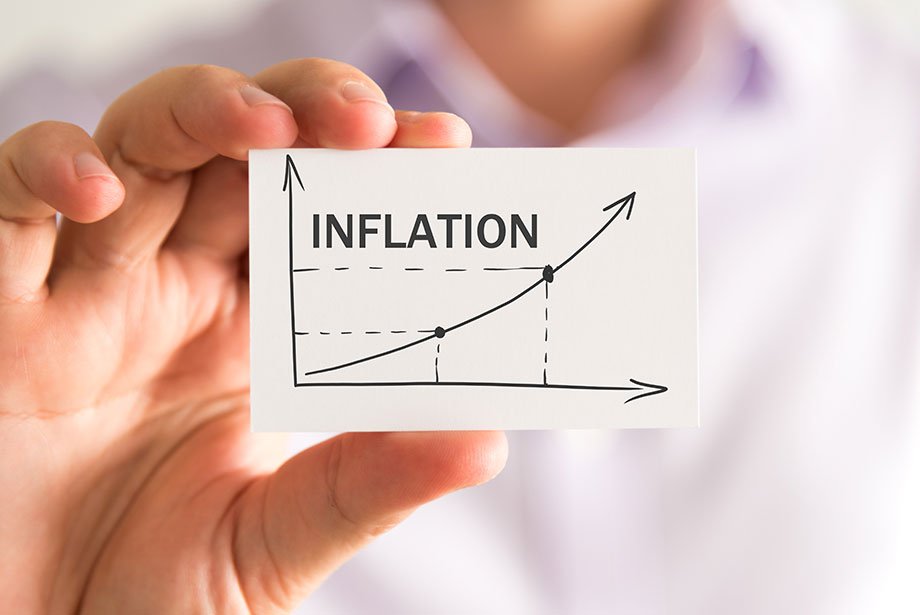You might have put in a lot of time and effort to build your investment portfolio as an investor. In order to build a portfolio that is sufficiently diversified, you must have assessed your financial goals, risk tolerance level, time horizon, and expected returns.
However, the work does not end there. Creating a portfolio is just one part of the process. You need to perform a periodic portfolio review after you have created your portfolio. But what is this review, and why should you do one? You will find out the answers to these questions in this article.
What is a portfolio review?
The portfolio review is the practice of evaluating your portfolio and checking if the same is in line with your risk appetite and investment objectives or goals. It is important because it helps you to verify whether or not your investments match with the market trends. This also helps you to make sure that the investment strategy in your portfolio is performing as expected. You can use periodic reviews to check if the asset allocation is still holding true. If this changes, you can always rebalance your portfolio to maintain the intended asset allocation.
Your financial goals can be achieved by a timely review of your investment portfolio. You may overlook the idea of reviewing your portfolio when the market is at an all-time high and you see rewarding gains in your portfolio. You could, however, make your investment portfolio more vulnerable during a market downturn if you fail to review your portfolio on time.
Reviewing your portfolio is important, depending on your goals and how much money you're willing to invest. Ideally, review it at least once per year. Reviewing doesn't necessarily mean buying and selling every time you review. It may or may not result in rebalancing or changes in the portfolio. Selling anything should not be based on short-term performance noticed during a review, but rather its characteristics and pedigree. The point is, that the portfolio review should not be considered as an opportunity to churn your portfolio, as that is not the primary objective of the review.
Why should an investor do a periodic portfolio review?
Let's take a closer look at some of the reasons why investors need to review their portfolios regularly.
- To maintain optimal asset allocation mix: As you know, asset allocation is the proportion in which you have allocated your total funds across different investments. Say Mr. Investor wants to invest Rs. 10 lacs into equity and debt funds with a 50:50 allocation each. One year goes by and the composition of his funds fluctuates, ending up at 65:35. In that case, his original asset allocation no longer holds true. The investor has now increased risk in his portfolio that may not be what he had anticipated or planned for. To bring it back to an optimum level of 50:50, the investor should shift some of the amount from equity to debt in order to return it to the original state.
- To accommodate changes in personal circumstances: As you move ahead in your life, your financial goals change. Changes in your standard of living, marriage, and the addition of financial dependents may cause you to add, alter or drop certain financial goals as you move forward in your life. For example, if you started your financial planning at the age of 25, you might not have planned your goals related to children's education, their marriage, post-retirement life and more.
Performing a portfolio review regularly allows you to determine whether your investments are still aligned with your future goals. By performing a portfolio review, you can restructure your portfolio so that it is better suited to your needs and risk profile, so that the funds are allocated optimally in different asset classes. - To take advantage of market movements: If you review your portfolio periodically, you will also be able to benefit from market fluctuations. For example, if you expect the equity market to perform well in the near future, you may rebalance your portfolio to increase the weightage of your equity fund. Conversely, if you expect the equity markets to enter a bearish phase, you could increase your investments in debt funds instead. By this manner, you are indirectly also timing the markets and making most of the opportunities available in a disciplined and rational manner.
- For tax purposes: In fact, tax planning is an integral part of investment planning. You can reduce your tax burden by reviewing your portfolio and adjusting your investments in such a way that you can reduce your overall tax burden. For instance, you may not be choosing the best investment strategy to hold specific securities based on their tax treatment. In addition, many individual investors are unaware of the benefits of tax-loss harvesting to reduce taxable gains.
- To replace underperforming schemes: In your portfolio, you may be holding mutual fund schemes that have consistently performed poorly. During a portfolio review, you can identify the schemes that have not performed well for a long time or have exposed you to excessive risk profiles, and replace them with mutual fund schemes that could enhance your portfolio's overall return potential. It will allow you to achieve your financial goals and earn risk-adjusted returns. Note, judging a scheme’s performance in the short term and chasing the recent best performing funds is not recommended. We have often seen many best performing funds underperform in the successive years.
Conclusion:
Making the required investments across the different asset classes via investment platform is just half of the work done. No matter how carefully you choose your investments, there's no guarantee that they'll go up in value. To help you make good decisions, it's important to review your portfolio on a regular basis. This can be challenging with so many changes in the market environment and economic forces. When you review your portfolio, it helps make sure that money is working for you the way you want. When this happens, you'll feel confident in pursuing your investing goals from start to finish without interruption.




